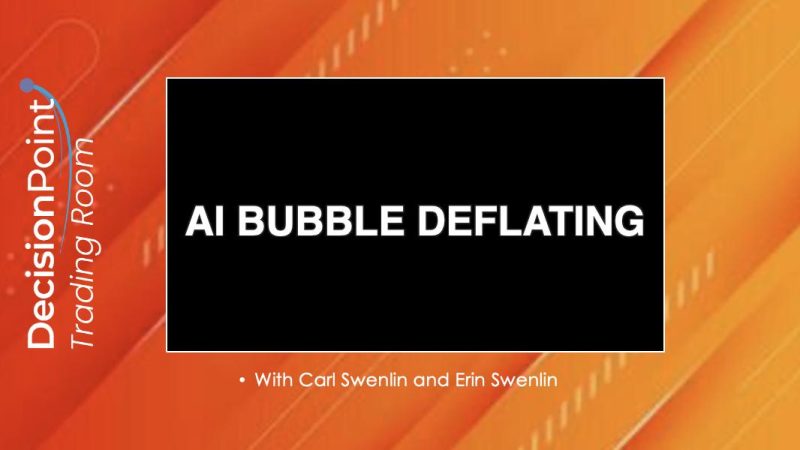The AI Bubble: Is It Deflating?
With the rapid advancement of technology in recent years, artificial intelligence (AI) has played a crucial role in shaping various industries. From healthcare to finance, AI has been touted as the next big thing that will revolutionize the way we live and work. However, as with any emerging technology, the AI landscape has its share of challenges and uncertainties, leading many to question whether the much-hyped AI bubble is on the verge of deflating.
One key aspect that has contributed to the AI bubble is the lofty expectations and exaggerated claims surrounding the capabilities of AI. Companies and researchers alike have often promised groundbreaking advancements and miraculous results, only to fall short of delivering on these promises. This disconnect between hype and reality has led to skepticism and a sense of disillusionment among investors and consumers.
Moreover, the rapid pace of AI development has resulted in a wide array of applications and use cases, some of which lack practicality or feasibility. The proliferation of AI startups and ventures has led to a crowded market, making it difficult for truly innovative and impactful solutions to stand out. This saturation has created a sense of noise and confusion in the AI space, further fueling concerns about the sustainability of the AI bubble.
Another factor contributing to the potential deflation of the AI bubble is the increasing scrutiny and regulation surrounding AI technologies. As AI becomes more integrated into critical systems and processes, concerns about data privacy, security, and ethics have come to the forefront. Instances of AI bias and discrimination have raised questions about the accountability and transparency of AI algorithms, prompting calls for stricter oversight and regulation.
Furthermore, the economic impact of the COVID-19 pandemic has also cast a shadow over the AI industry. With businesses facing financial constraints and uncertainties, investment in AI projects and initiatives may take a hit. Companies may prioritize cost-cutting measures over innovation, leading to a slowdown in AI development and adoption.
Despite these challenges, it is essential to recognize that the AI bubble deflating does not necessarily mean the end of AI innovation. Rather, it signifies a necessary recalibration of expectations and a focus on sustainable growth and impact. By addressing issues of hype, saturation, regulation, and economic constraints, the AI industry can emerge stronger and more resilient, fostering genuine progress and addressing real-world problems.
In conclusion, the AI bubble may be showing signs of deflating, but this should be viewed as an opportunity for reflection and improvement rather than a cause for alarm. By acknowledging the pitfalls and challenges facing the AI industry and working towards collaborative and responsible AI development, we can pave the way for a more balanced and sustainable AI ecosystem that benefits society as a whole.




























